$WILD Tokenomics on Wilder World: A Virtual and Sustainable Economy
Wilder World, an emerging metaverse that combines digital art, gaming, and virtual reality, not only offers an immersive experience, but also features a robust economic model centered around its native token, $WILD.
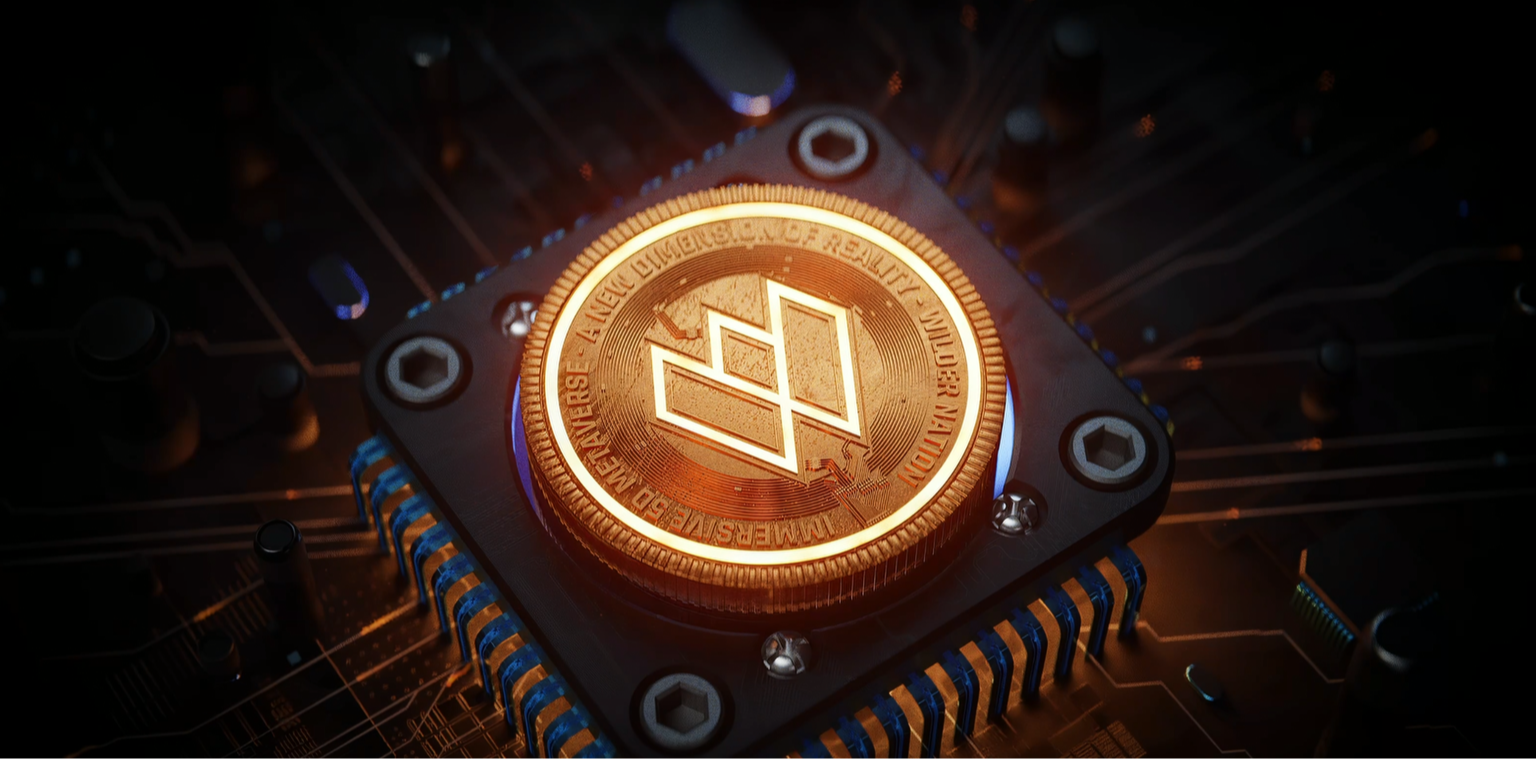
This token, with a fixed supply of 500 million units, is designed to be the engine of the economy within Wilder World, and its use goes beyond simple transactions; it is integrated into gameplay, governance, and long-term value creation.
What is $WILD?
$WILD is an ERC-20 token that resides on the Ethereum blockchain and is primarily used within the Wilder World ecosystem to govern and facilitate transactions.
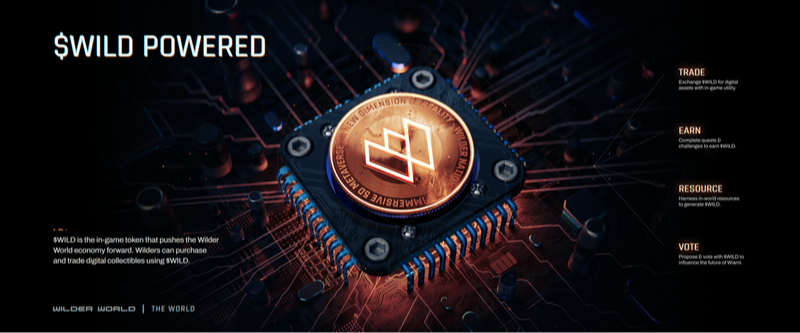
As the governance token of the Wilder World DAO (Decentralized Autonomous Organization), $WILD allows the community to influence important decisions within the metaverse.
Its function is multifaceted: it is used to buy and sell assets on the Wilder World NFT marketplace, incentivize artists and collectors, and be part of the overall in-game economy.
Exchange Strategies and Availability

The $WILD token is available on a variety of exchange platforms, including:
- Uniswap V3: WILD/USDC, WILD/USDT, WILD/ETH, MEOW/WILD
- Uniswap V2: WILD/ETH
- KuCoin: WILD/USDT
- BitFinex: WILD/USD
These platforms allow users to exchange $WILD with other cryptocurrencies, increasing its accessibility and liquidity.
The Fuel Economy ($WILD Fuel Economy)
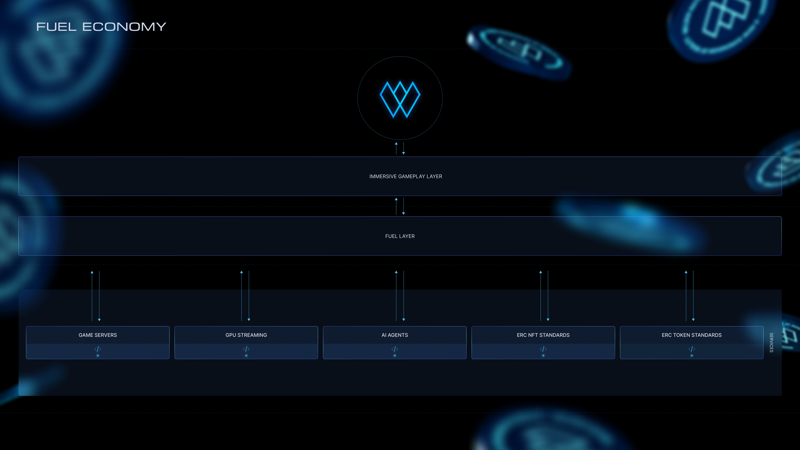
One of Wilder World's most innovative offerings is the integration of the Fuel Economy concept with the $WILD token. Rather than relying on a traditional in-game transaction payment model, Wilder World directly links gameplay mechanics to the costs of operating a state-of-the-art metaverse.
Challenges and Solutions
Wilder World addresses three major challenges to creating a sustainable economy:
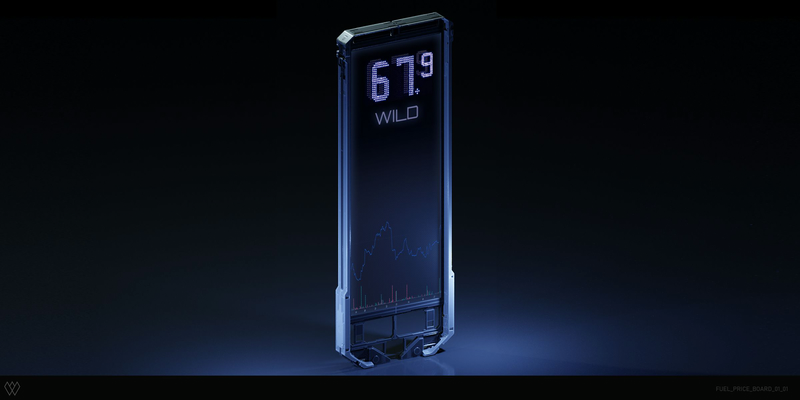
-
Real Utility: Many tokens on the market promise utility, but often fail to offer a tangible advantage over more established currencies like USD or BTC. $WILD is intimately integrated with the metaverse, giving it real value within this ecosystem.
-
Real Cost: The value of $WILD is tied to underlying resources, such as the cost of energy needed to maintain and operate the virtual world. In this way, its value is more strongly backed by tangible resources, making it more sustainable.
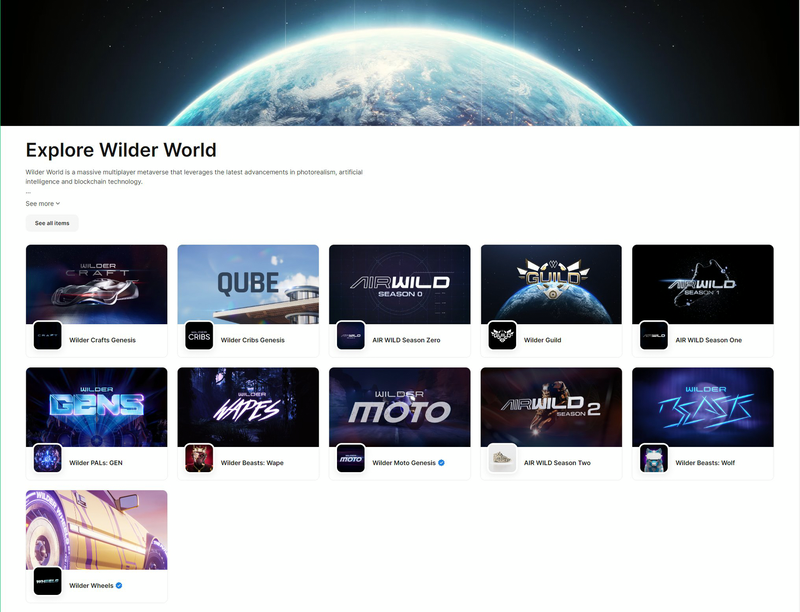
- Real Incentives: Staking, while common in other tokens, is not enough to build a robust economy. Wilder World seeks to incentivize active participation in content creation, trading, and exploration within the game, generating value and rewards for the most involved players.
Direct Tokenomics
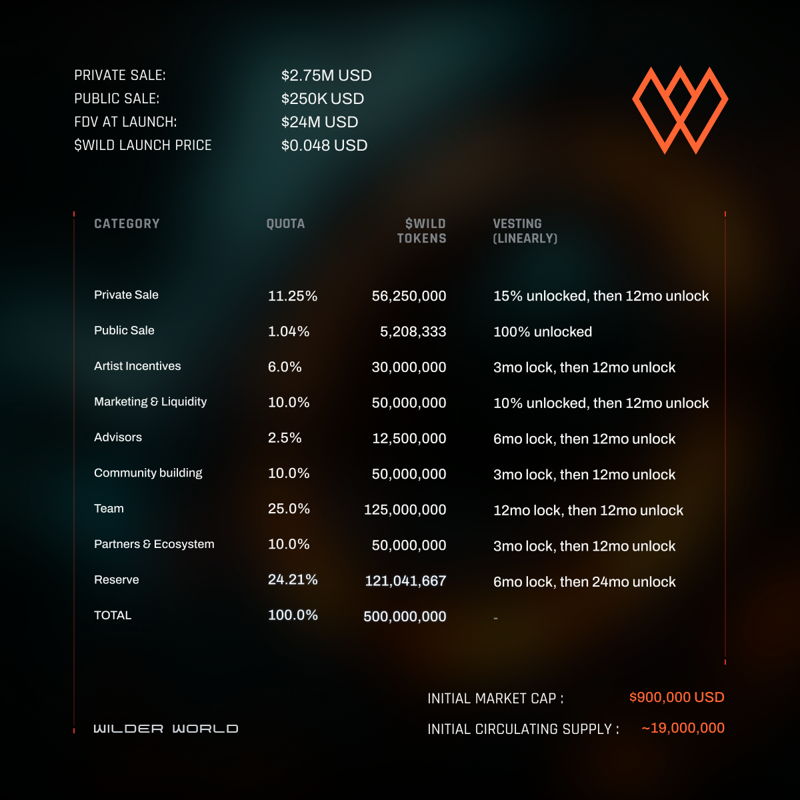
Unique Properties of the $WILD Token
Wilder World is an immersive experience that aims to overcome the limitations of traditional games. Its success depends not only on its tokenized economy, but on the quality of the experience it offers to players.
Virtual Property: Assets within Wilder World are not just collectibles; they are tools that can be used to enhance gameplay, making them more valuable than traditional NFTs. This opens up new monetization possibilities for content creators.
Non-Extractive Productivity: Wilder World is based on a more sustainable economic model than current extractive systems. As real-world physical resources are depleted, this model allows value to be created more efficiently and ecologically.
Linking $WILD to Gameplay
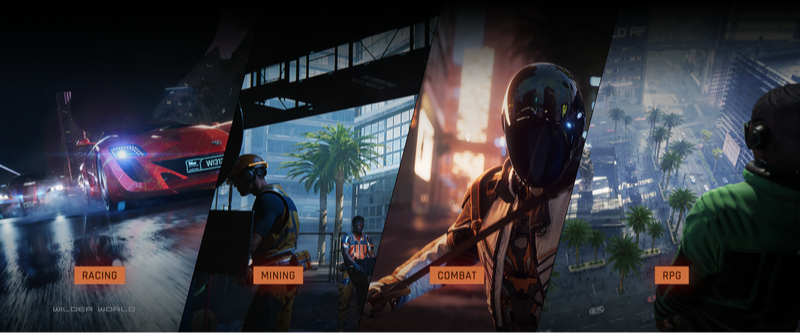
To ensure that $WILD is used effectively, the Wilder World team has integrated the token into gameplay in a way that does not disrupt the player experience. Through mechanics such as the Vehicle Charging Station and Fuel (GWEI), players must strategically manage their resources.
While players are free to explore, those who wish to engage in more advanced activities will need to invest in the ecosystem, either by earning or purchasing $WILD.
Cost and Energy Abstraction

Similar to Ethereum, where gas is used to represent the cost of transactions, Wilder World will use a “Fuel” system that will encompass all costs associated with metaverse operations, such as blockchain transactions, graphics processing, and the artificial intelligence that animates NPCs (non-player characters). This creates a direct connection between energy consumption and the game’s economic dynamics.
Creative Value Generation
One of the most exciting features of Wilder World is the opportunity for players to generate digital content that not only enriches the metaverse, but can also generate real revenue.

This approach creates an ecosystem where players and creators are incentivized to actively contribute to the growth of the virtual world.
$WILD Strategy Summary
$WILD's economic strategy can be summarized in six key points:
- $WILD Transactions: All transactions in Wilder World are done with $WILD.
- Global Fuel Cost: The price of fuel is dynamically adjusted based on the world's demand and operating costs.
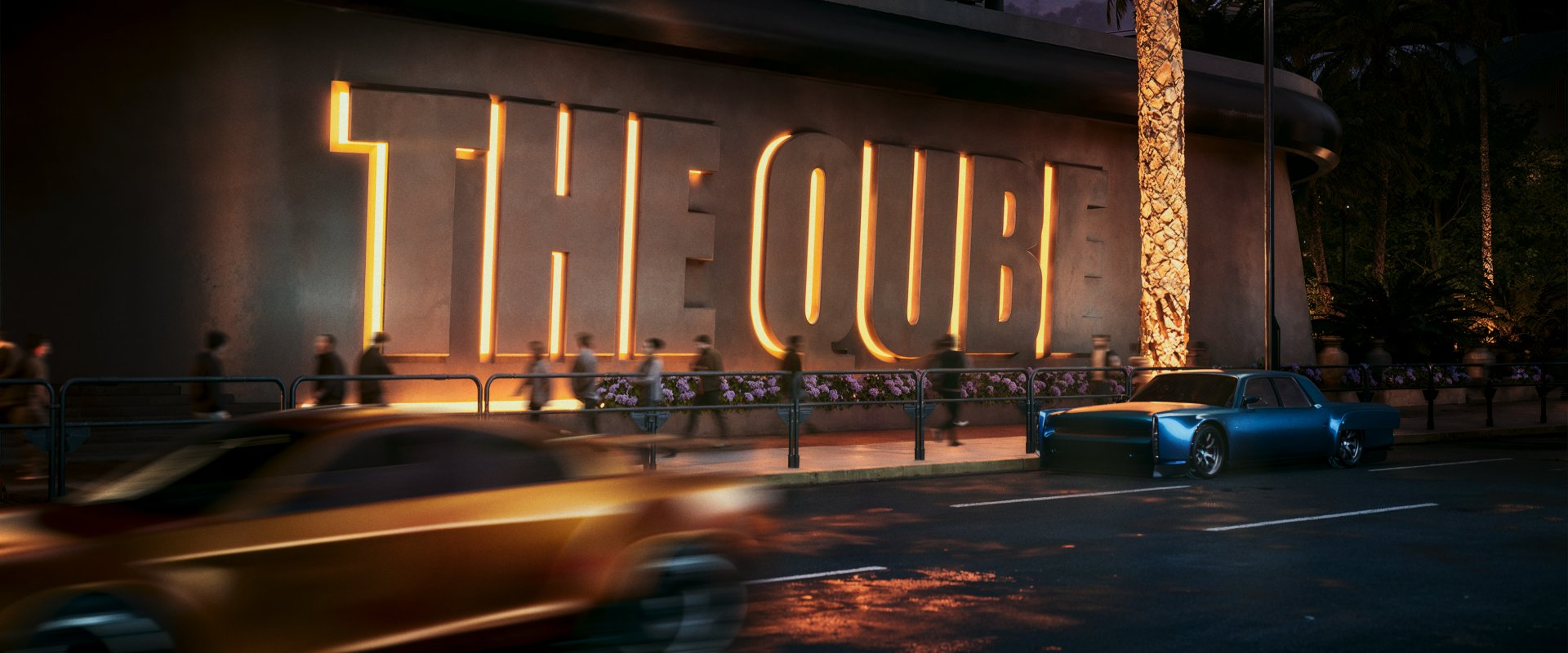
- Free to play, but energy costs: The game is free to play, but more resource-intensive activities require the use of $WILD.
- Ability to earn fuel: Players can earn fuel, but must be productive to do so.
- Full integration with gameplay: Game mechanics are designed to be in harmony with the $WILD economy.
- Advanced technologies: Wilder World relies on technologies such as artificial intelligence, blockchain, and GPU streaming to create an experience superior to traditional games.
$WILD's economic model seeks to not only establish a market for the exchange of assets, but also to create a robust system that enables long-term value creation within the Wilder World metaverse.

By integrating the value of energy, the incentive to create, and virtual ownership, Wilder World not only redefines the economy of video games, but poses a new paradigm for the digital economy in the metaverse.
In Wilder World, the future of the digital economy is not just played, it is created and lived!
4
0
NEWSLETTER
Subscribe!
And find out the latest news
Other news you might be interested in
Etiquetas







